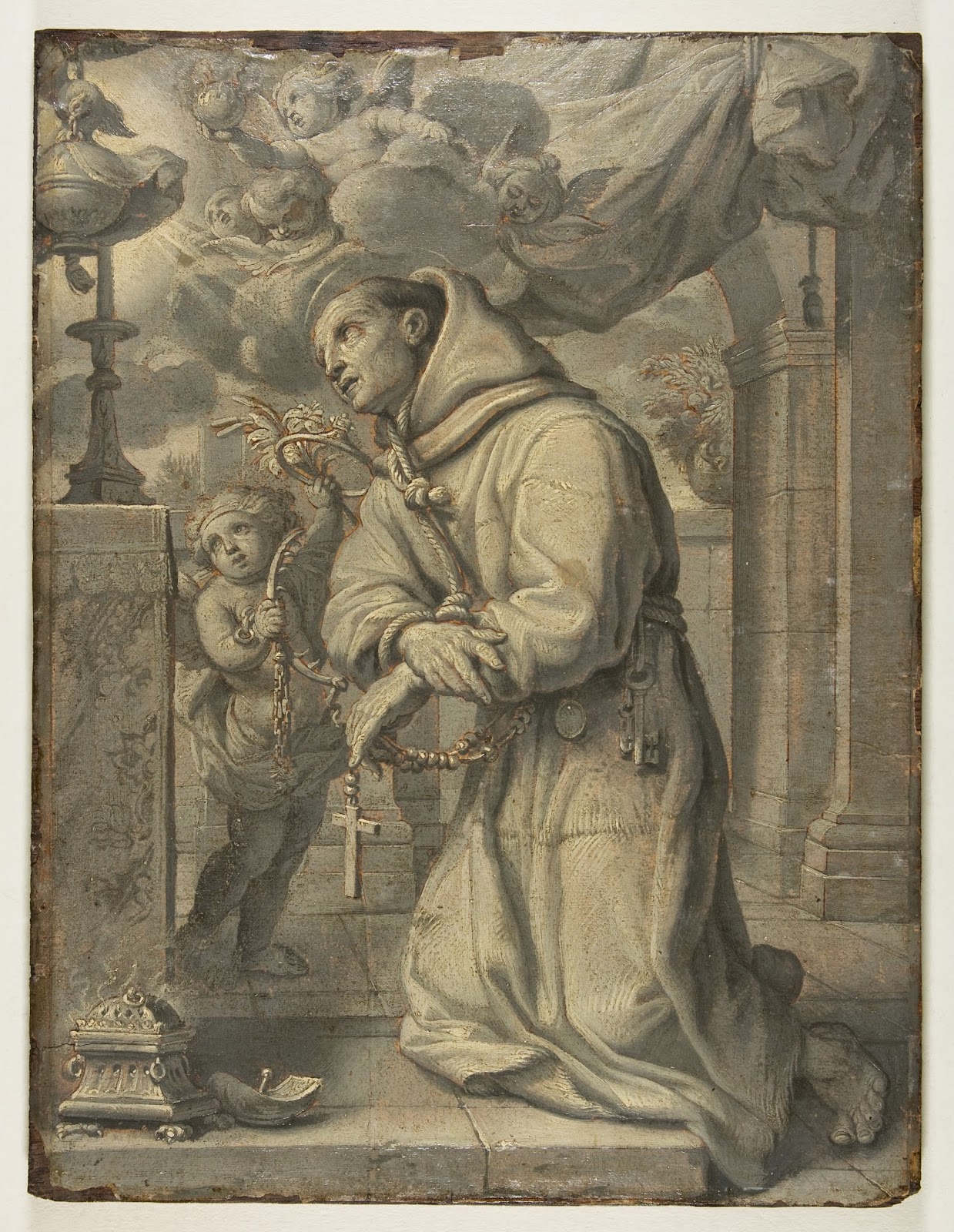

Danae hoc donum libenter accepit, et pro tanto beneficio regi gratias egit. Ille matrem et puerum benigne excepit, et iis sedem tutam in finibus suis dedit. Post breve tempus a piscatore quodam reperta est, et ad domum regis Polydectis adducta est. Postquam arca ad litus appulsa est, Danae in harena quietem capiebat. Tranquillum igitur fecit mare, et arcam ad insulam Seriphum perduxit. Iuppiter tamen haec omnia vidit, et filium suum servare constituit. Danae, Persei mater, magnopere territa est tempestas enim magna mare turbabat. Comprehendit igitur Perseum adhuc infantem, et cum matre in arca lignea inclusit. Acrisius volebat Perseum nepotem suum necare nam propter oraculum puerum timebat. Perseus filius erat Iovis, maximi deorum avus eius Acrisius appellabatur. The oracle was duly fulfilled, for Acrisius was accidentally killed by a quoit thrown by Perseus. At length he returned to Seriphos, and turned Polydectes to stone by showing him the Gorgon’s head he then went to the court of Acrisius, who fled in terror at the news of his grandson’s return. Perseus then married Andromeda, and lived some time in the country of Cepheus.

This dangerous task he accomplished with the help of Apollo and Minerva, and on his way home he rescued Andromeda, daughter of Cepheus, from a sea-monster. On reaching manhood, Perseus was sent by Polydectes to fetch the head of Medusa, one of the Gorgons. They were saved, however, by the help of Jupiter and Perseus, the child, grew up at the court of Polydectes, king of Seriphos, an island in the Aegean Sea. On discovering, therefore, that his daughter Danae had given birth to a son, Acrisius endeavored to escape his fate by setting both mother and child adrift on the sea.

PERSEUS Acrisius, an ancient king of Argos, had been warned by an oracle that he should perish by the hand of his grandson. So, laudabantur means “they were praised” Must be divided into three: ba – nt – u r There are very few different verb ending components in these stories other than these nine listed below, as they are all about things that happened in the past, and they are about 3 rd persons. They are meant to be entertaining, so please enjoy them! I suggest for most people that you do between 5 and 10 chapters per UNIT.Īn online version with a glossary (a glossary is a mini dictionary) for every page is available here: Find a comfortable speed for your own needs. At first you might only be able to translate about one of these paragraphs per day, but as you progress and you start seeing the vocabulary repeating itself, you might find yourself moving through them a bit faster, but there is no rush. You get to practice and develop your Latin and English skills by translating them, but also you master mythology, which has its own uses, since so many features of our culture and language derive from these myths. Therefore, their tales are set in the Ancient Greek world. Latin literature is a continuation of Greek literature in its own language, as English literature is a continuation of Latin literature. These tales are retellings in easier Latin of the major mythical cycles from Graeco-Roman literature. FabulaeFacileswithWords (Very useful as the vocabulary words are included on every facing page!!!)


 0 kommentar(er)
0 kommentar(er)
